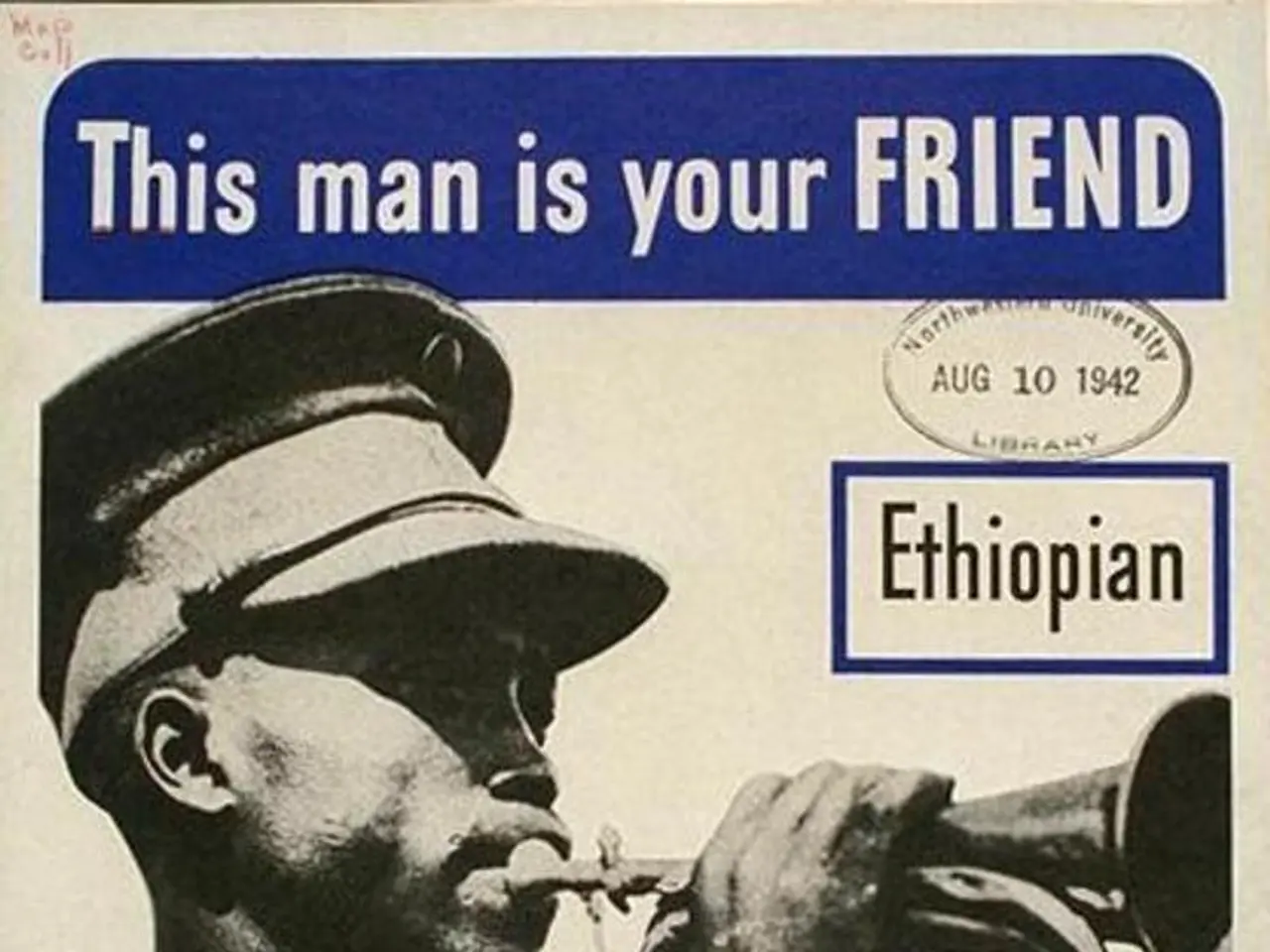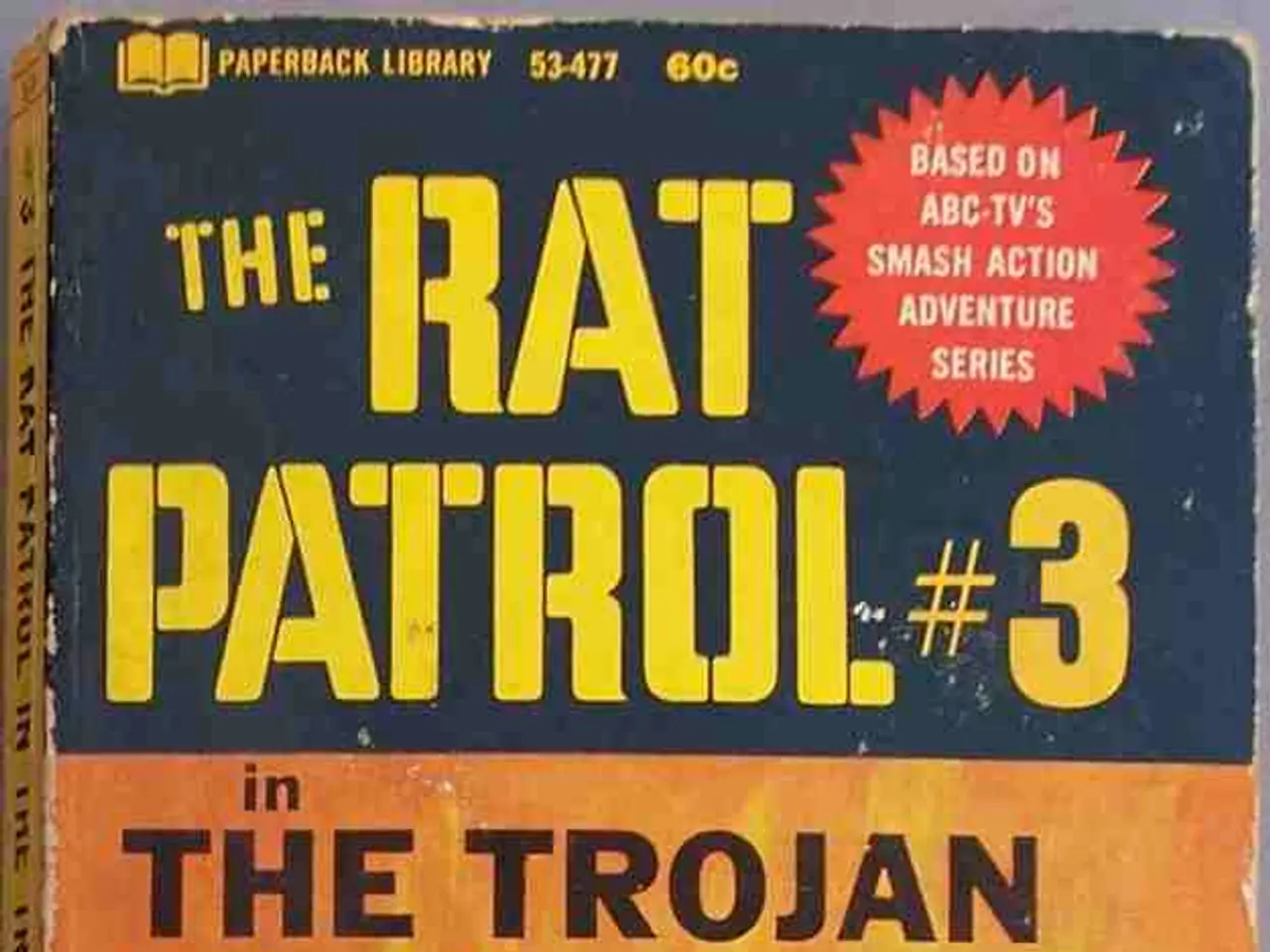"Conflict prevents me from reducing effort."
A Brutal Sentence for a Helpless Soul
It's a heart-wrenching tale, one that begs for justice. On May 29, a 21-year-old student from Volgograd, Andrei Glukhov, was slapped with a 12-year sentence in a strict regime colony. For two money transfers, totaling a meager 1,450 rubles, hoping it would expedite the end of the war. His family insists he's always been an advocate for peace, never holding a violent bone in his body.
A Life Marred by Cerebral Palsy
Andrei was diagnosed with cerebral palsy at the tender age of three. Prison walls would probably feel like a cruel irony, as his mother claims he wouldn't even be able to carry a tray of food on his own. His right hand is disabled, and he can barely lift his right leg. "How can you send an invalid to prison?" she asks, and the world remains silent.
The Desire for Peace
The Volgograd Regional Court found Andrei guilty under the article on high treason (275 of the Criminal Code of the Russian Federation). The basis of the accusation was two money transfers to a private person and correspondence in which Andrei shared his eagerness for peace to come sooner. But it's his father, Eduard Glukhov, who sets the record straight. Contrary to media reports, Andrei only transferred half that amount - 900 rubles initially and another 550 rubles later, totaling approximately €33.
Tatyana, Andrei's mother, can't fathom how this could happen. "With the intention of bringing peace sooner!?" she exclaims. "Andrei never even harmed a fly in his life. He's just for peace in the world. What's wrong with that?"
In late August 2024, two FSB employees arrived at Tatyana's house for a search, claiming it was "regarding Andrei" but not concerning her. The Glukhov's home was turned upside down, with computers and phones seized. Andrei, overwhelmingly frightened, was left shaking and in tears.
A Boy Battling Life's Hurdles
Andrei was given a third group disability by a special commission during the pandemic. His mother stands firm that he should have been placed in the second group, as his condition has been a constant struggle since birth. He lags behind in all indicators and requires regular therapy and hospital visits to manage his condition. Despite his challenges, by age 21, one can notice his weakness, as he struggles to walk and uses his left hand out of necessity.
An Uphill Battle for Justice
Andrei's grandfather passed away after learning about his arrest, with the family suspecting the shocking news may have contributed to his death. The Glukhovs were initially hopeful that there would be no prison sentence, but Andrei was moved to a detention center on October 9, 2024. Despite multiple appeals, he was sentenced on May 29, 2025. In court, he pleaded guilty and was sentenced to 12 years in a maximum-security penal colony. In the face of overwhelming opposition, his lawyers advised against an appeal, prompting increasing concerns about the verdict's fairness.
An Unjust Verdict
Andrei's relatives share their concerns about his ability to survive prison, given his disability. They fear for his weak heart and worry that the harsh prison conditions will exacerbate his cerebral palsy. Even former colleagues of his father called his parents after hearing the verdict, expressing their shock at the severe sentence. For a young man who can barely carry his own tray of food, a 12-year prison sentence seems nothing short of a death sentence. This harrowing tale underscores the tragic consequences that can unfold when peace seeks advocates, and justice is twisted into an unrecognizable form.
The Volgograd Regional Court's verdict on Andrei Glukhov, sentenced to 12 years in a maximum-security penal colony, sparks questions about the intersection of political issues, crime, and justice. Andrei Glukhov's case, mashed with cerebral palsy, begs for a reexamination of war-and-conflicts-related politics, and the fairness of general-news reporting on such sensitive affairs.




